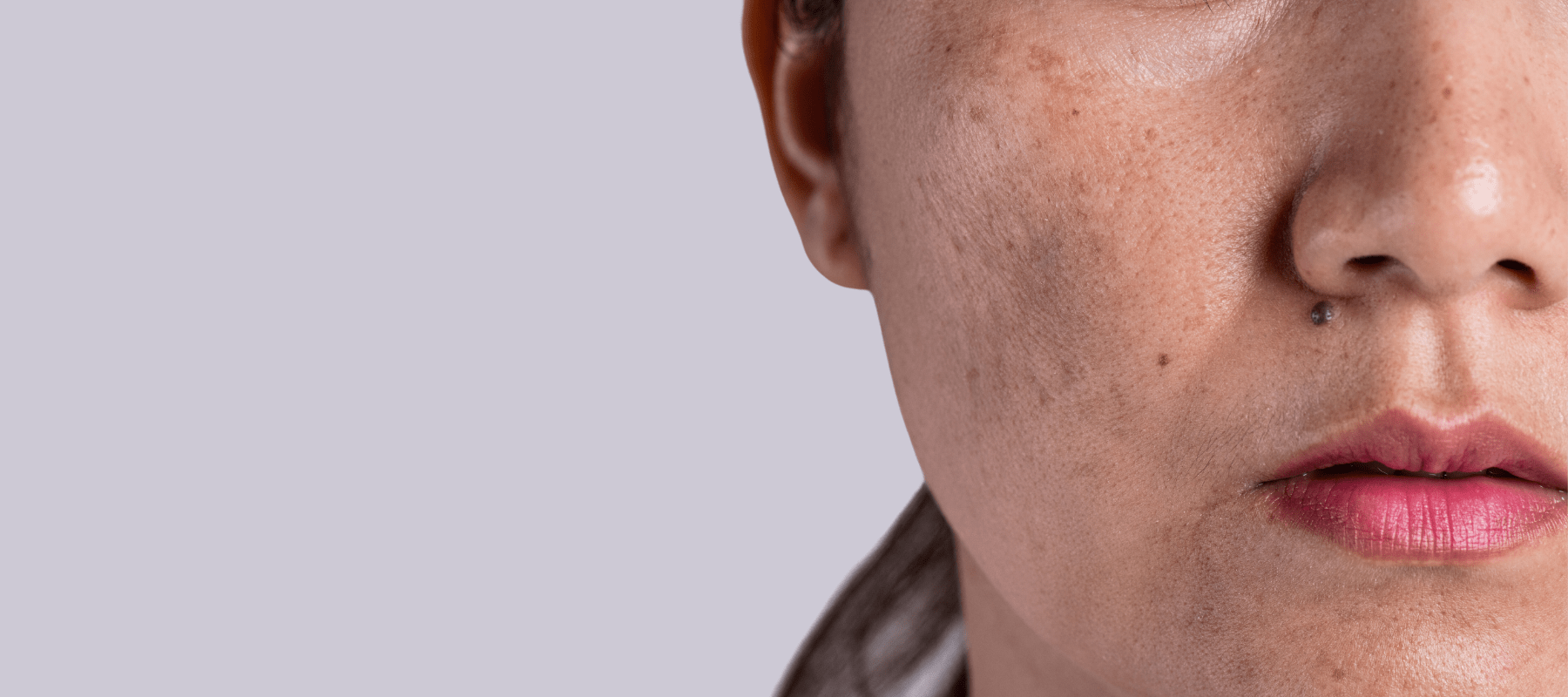
7-8 Steps of How to Reduce Skin Pigmentation on Face
Our skin is a canvas that displays our general well-being and skin health. Skin pigmentation is a frequent condition that affects the evenness and skin complexion for many of us. Sun exposure, hormonal fluctuations, heredity, and ageing are just a few of the causes of skin pigmentation, which is frequently characterised by dark spots or patches. This article explores how to reduce skin pigmentation.
What is pigmentation?
Wondering, 'What is pigmentation?' Melanin, a pigment made by the skin's melanocyte cells, determines the colour of the skin, which is referred to as pigmentation. Melanin absorbs and scatters the sun's rays, assisting in shielding our skin from damaging UV radiation. Contrarily, if melanin synthesis is unreliable, it can result in pigmentation, including hyper- and hypopigmentation. While hypopigmentation causes lighter spots, hyperpigmentation causes dark patches on the skin.
How to reduce skin pigmentation on the face?
Dark patches and uneven skin tone are frequent skin pigmentation concerns for many people. Numerous variables, such as sun exposure, hormone fluctuations, and heredity, might contribute to these pigmentation conditions. Note the below considerations if you want to know how to reduce pigmentation spots on the face.
1. Sun protection
UV radiation from the sun is one of the main contributors to skin pigmentation. No matter the weather, use a broad-spectrum sunscreen with at least SPF 30 every morning to protect your skin and stop pigmented spots from getting any darker.
2. Topical treatments
Take into account using topical therapies with active components like hydroquinone, kojic acid, alpha hydroxy acids (AHAs), or retinoids. By preventing the synthesis of melanin and enhancing skin cell renewal, these substances have the potential to lessen facial pigmentation patches. To receive personalised product recommendations, speak with a dermatologist.
The 'Dark Spot & Hyperpigmentation correcting power Serum' from The Pink Foundry is made with potent components like Tranexamic acid, alpha arbutin and Vitamin C to efficiently target and eliminate dark spots and hyperpigmentation. This serum makes your skin brighter and more radiant by promoting skin cell turnover, lightening the complexion, and gradually fading pigmentation.
3. Vitamin C serum
Vitamin C is an extremely potent antioxidant that may lighten skin and reduce pigmentation. To balance out your skin tone and progressively remove dark spots, add a Vitamin C Serum to your regular skincare regimen.
4. Exfoliate often
By frequently exfoliating, you eliminate dead skin cells and allow fresh, healthier skin to show through. Consider using a light exfoliator infused with glycolic or lactic acid and limit the use to two or three times each week. However, be wary of over-exfoliation, it can exacerbate pigmentation issues.
5. Professional treatments
For more stubborn pigmentation, consult a dermatologist or skincare expert. They can provide specialised treatments. Among the available options are chemical peels, microdermabrasion, laser treatment and cryotherapy. These procedures target pigmentation thoroughly, yielding observable effects.
6. Uphold a steady skincare routine
In battling skin discolouration, the essentiality of a regular skincare regimen cannot be understated. Cleansing, toning, moisturising & sunscreen form the backbone of this routine. The key to maintaining healthy skin, promoting pigmentation fading included, is consistency.
Also Read: Understanding Pigmentation Treatment: A Comprehensive Guide
7. Dedication and patience
Reducing skin pigmentation demands effort and commitment. It's a process that may not yield immediate effects. This requires patience. Nevertheless, persist with your skincare regimen. Over time, you'll witness a noticeable alteration in the appearance of the pigmentation patches on your face.
Conclusion
While facial skin pigmentation can prove bothersome, you have the power to reduce it with proper care. Dedication to a skincare program is crucial. Remember to use quality skincare products, protect your skin from the sun's harsh rays and solicit professional advice when necessary.
By adhering strictly to these tips for reducing facial pigmentation, not only could you achieve an evenly-toned complexion but also restore its luminous glow. Ultimately, acquiring beautiful and healthy skin is attainable. All it requires is the right information and a commitment to skincare.
FAQs:
1. What factors contribute to facial skin pigmentation?
Age, hormones and genetics are all potential causes of skin pigmentation on the face. Apart from these, factors like sun exposure and irregular melanin synthesis can also contribute to the cause.
2. How frequently should I use sunscreen to lighten my skin?
Every morning, put on sunscreen with an SPF of 30 or higher and reapply every two hours if you are in the sun.
3. How long does it take to observe results in lowering skin pigmentation?
Results vary, but with consistency in your skincare program and patience, you can see obvious improvement over time.
4. When should I get skin pigmentation treatment from a professional?
For obstinate or severe pigmentation disorders, consult a dermatologist or skincare expert.






















































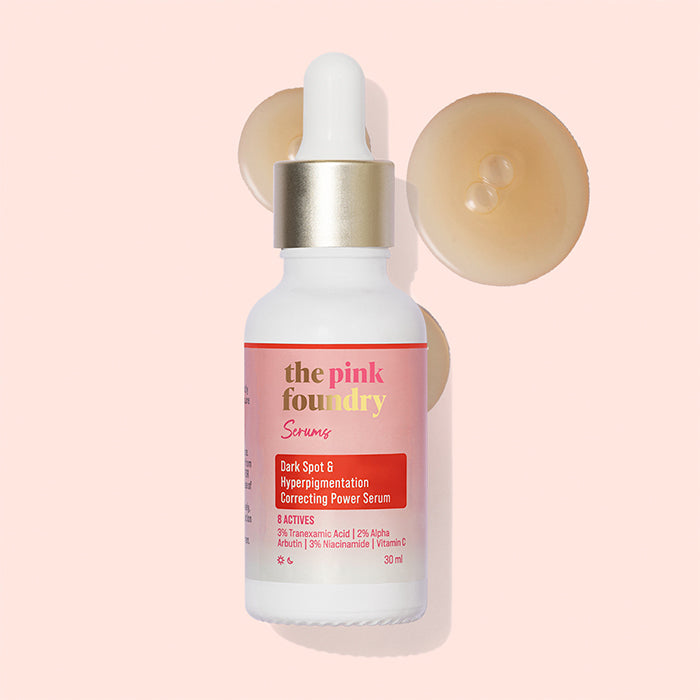
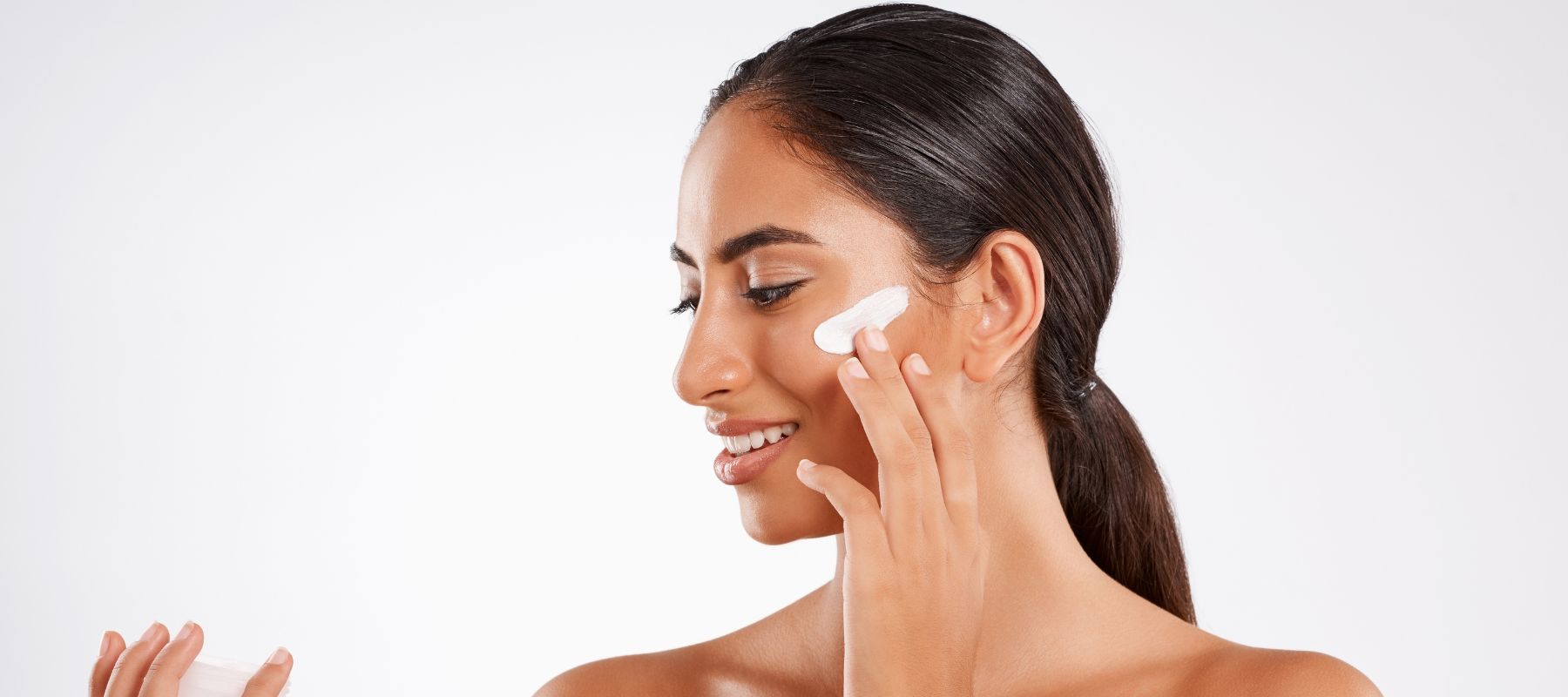
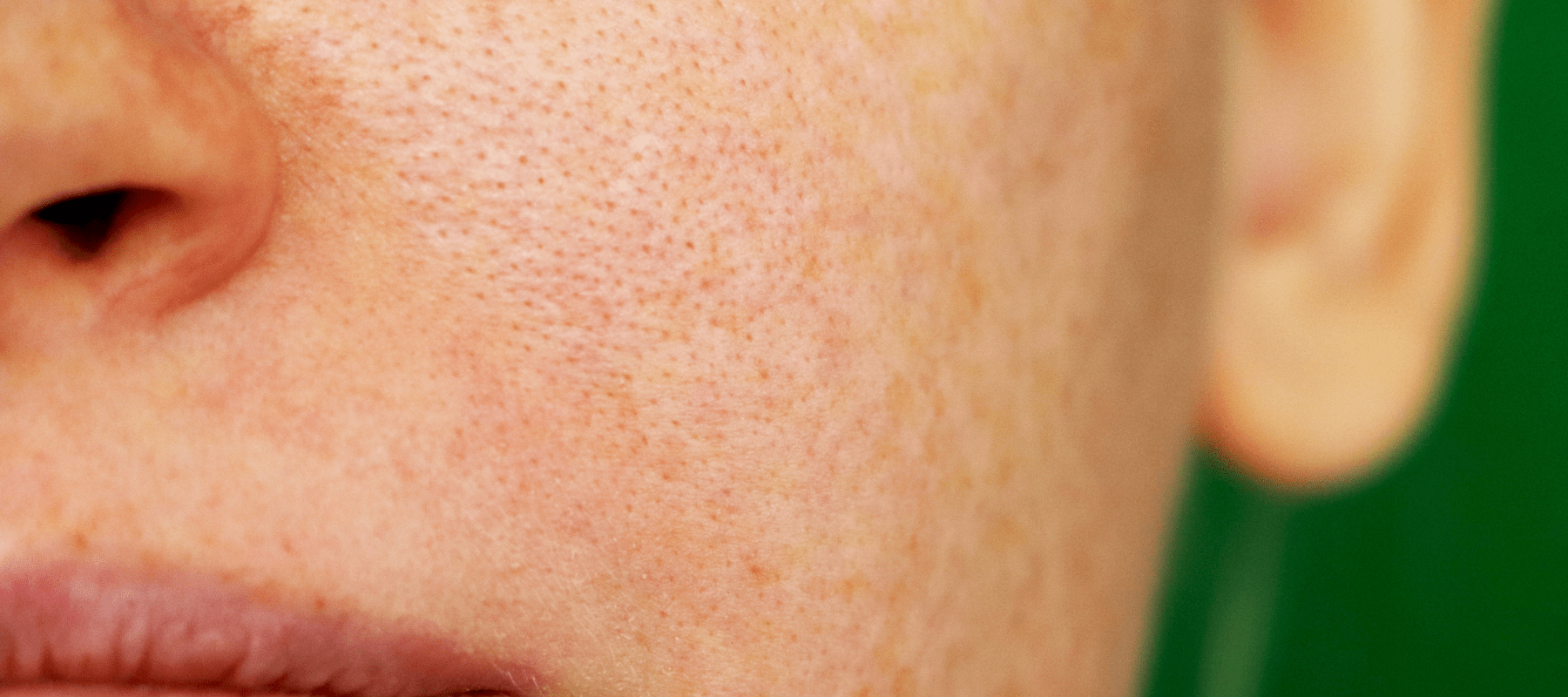

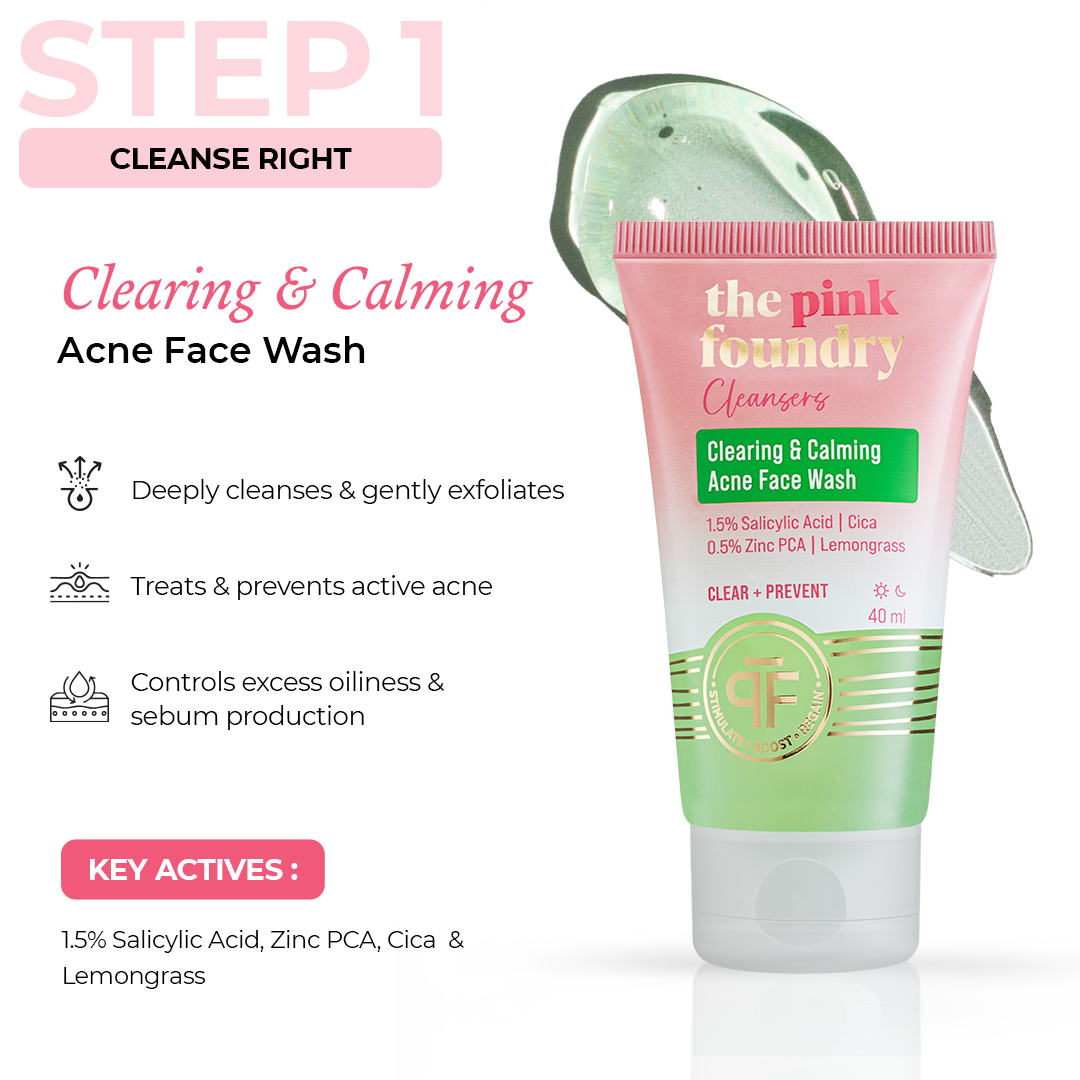




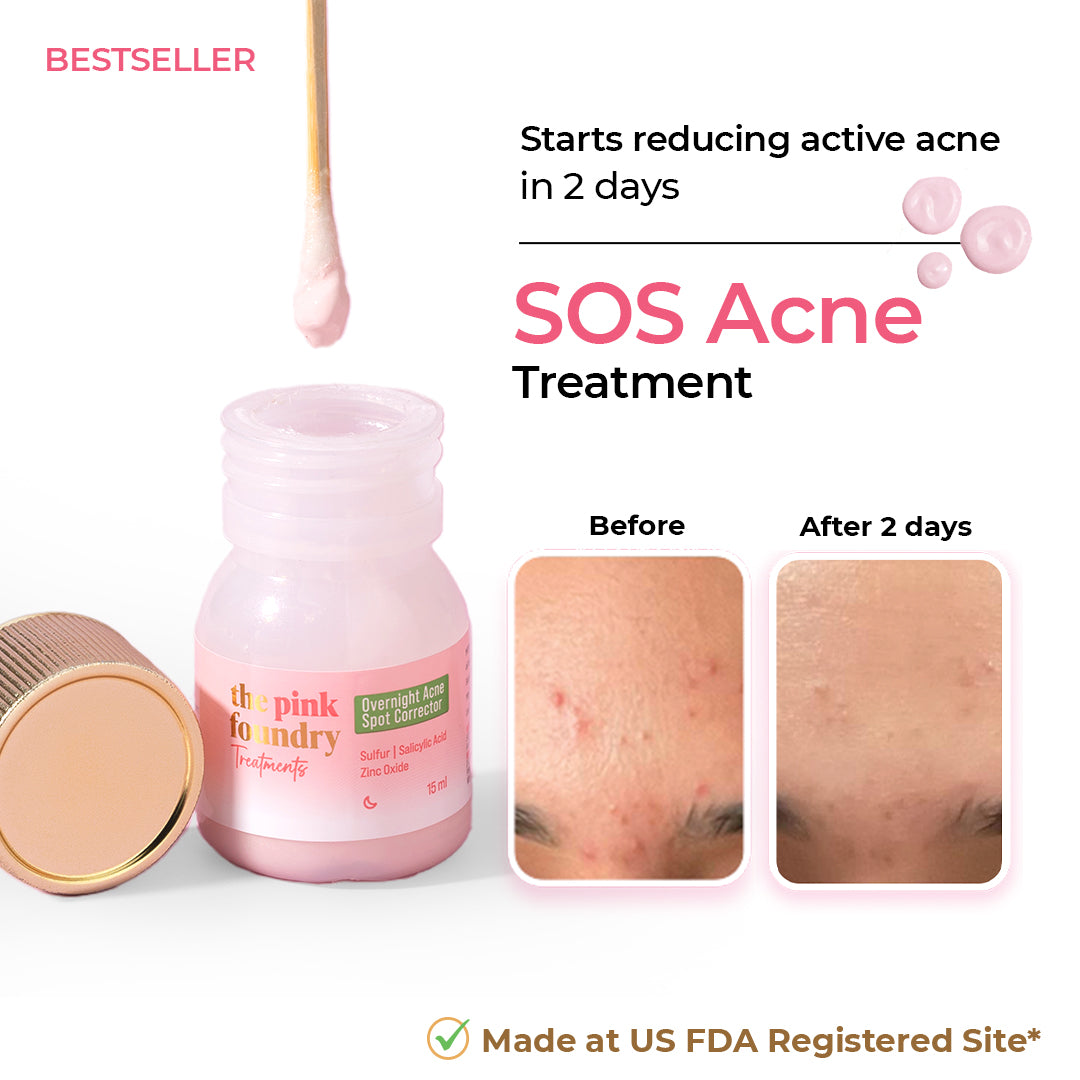
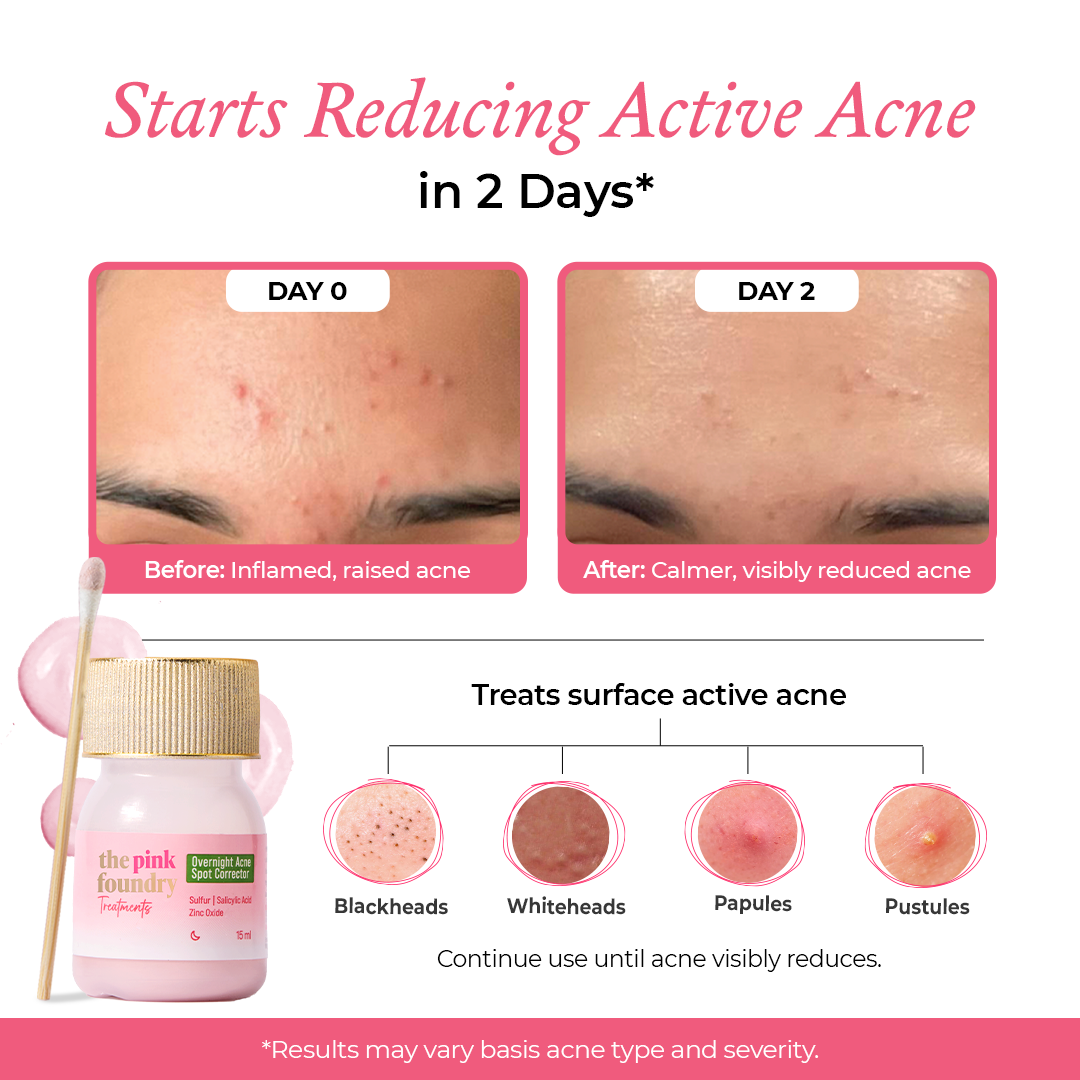








Leave a comment
This site is protected by hCaptcha and the hCaptcha Privacy Policy and Terms of Service apply.